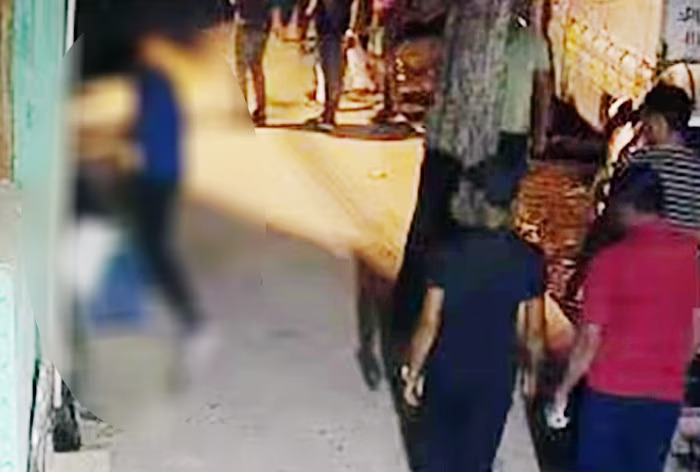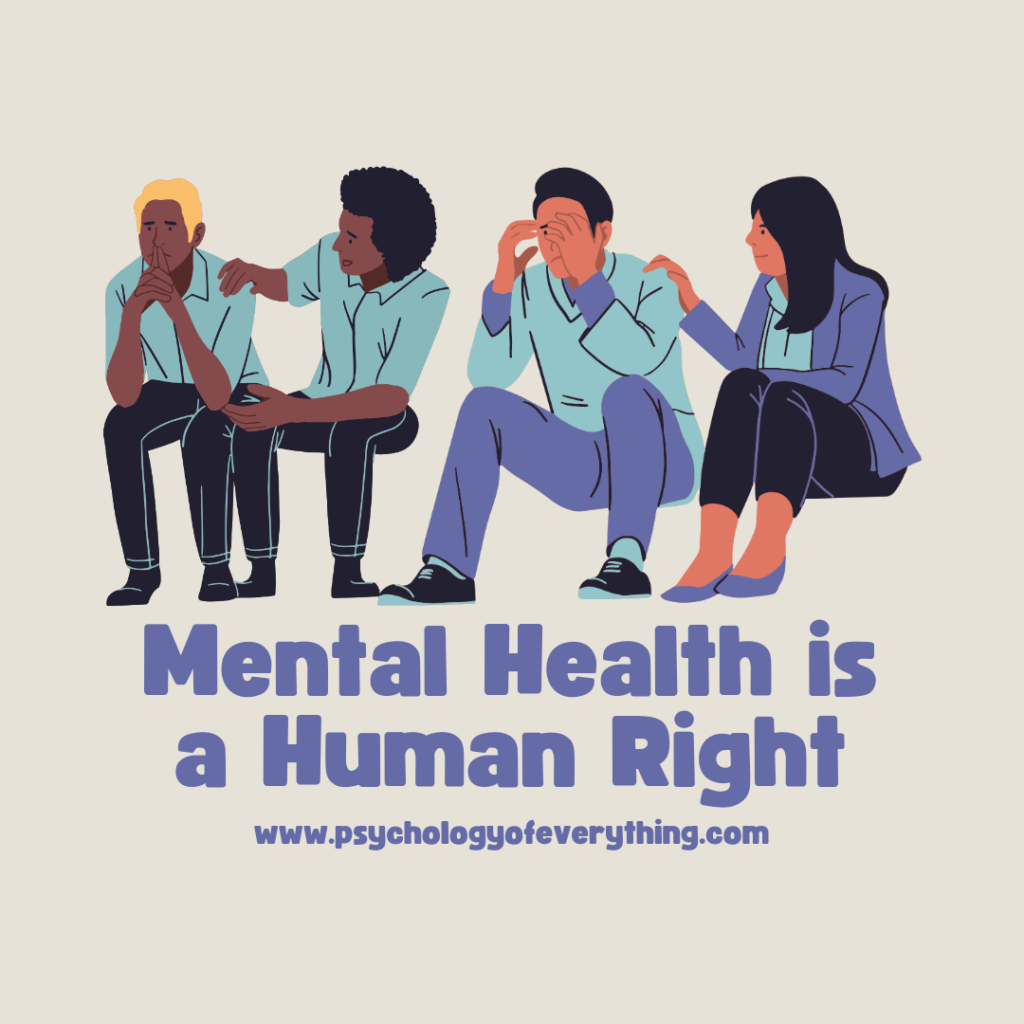Understanding Why People Fail to offer Help: Beyond the Bystander Effect

In a recent shocking incident in Delhi, a 16 year old minor girl was stabbed over 20 times by her boyfriend. After stabbing her, the boy took a pause, came back with a stone and smashed her head several times until she died on the spot. The whole incident took place in broad day light while the local residents kept passing by. Despite seeing the grievous attack on the victim, no one came forward to help and save the victim.
The brutal incident came as a shock to everyone, but what is more disturbing is the fact that no one intervened or tried to save the victim. This incident raises serious questions – why people present there did not help the victim? Are we humans this insensitive that we can let someone getting killed in front of our eyes? Could the victim be saved if timely help was offered? What stops us from helping a victim?
Psychologists have explained this behavior using the concept of Bystander effect – a psychological phenomenon where individuals are less likely to offer assistance to someone in need when others are present. The concept of bystander effect came into picture following the infamous murder of Kitty Genovese in New York City in 1964. The 28 year woman was stabbed to death outside her apartment while neighbours kept watching from their homes and failed to help the victim.
However, there are other factors at play when it comes to why people sometimes fail to offer help in various situations. In this article, we’ll delve deeper into the complexities surrounding this issue and explore the multifaceted reasons behind people’s reluctance to extend a helping hand.
1. Diffusion of Responsibility
While the bystander effect is a significant contributor, diffusion of responsibility goes beyond this phenomenon. It occurs when individuals believe that someone else will take responsibility for helping, leading to inaction. This mindset is often reinforced in group settings or crowded environments, where people assume that others are more capable or willing to provide assistance.
2. Fear of Consequences
Fear of the potential consequences of helping can dissuade individuals from offering assistance. They might worry about getting involved in a dangerous situation, facing legal repercussions, or becoming a target of aggression themselves. This fear of personal harm or negative fallout can be a powerful deterrent.
3. Psychological Distance
The perceived psychological distance between the person in need and the potential helper can affect their willingness to provide assistance. People may be more likely to help someone they perceive as similar or relatable, while they might distance themselves from those they see as different or unfamiliar.
4. Emotional Insensitivity and Desensitization
With the growing individualistic culture, people have developed a habit to focus only on their own matters and have learnt to ignore the concerns of others. They hardly see suffering or pain of others. In situations of emergency, they fail to intervene thinking this matter doesn’t concern them.
5. Lack of Confidence
People may hesitate to offer help if they lack the confidence or necessary skills to address the situation effectively. They fear making the situation worse or feel unsure about how to provide assistance appropriately. This lack of self-assurance can lead to inaction, even when they genuinely want to help.
6. Social Norms and Cultural Factors
Social norms and cultural beliefs can influence whether or not people offer help. In some cultures, it may be considered impolite or intrusive to intervene in someone else’s affairs. Additionally, societal pressures and gender roles can impact people’s willingness to step in, especially when these roles dictate specific behaviors.
7. Fear of Embarrassment
The fear of embarrassment can be a potent deterrent. People may worry that their offer of help will be met with indifference, ridicule, or rejection by the person in need or by onlookers. This fear of social awkwardness or humiliation can discourage even well-intentioned individuals.
8. Time Constraints and Busy Lives
Modern life is often fast-paced and demanding, leaving little time for spontaneous acts of kindness. People may rationalize their inaction by citing busy schedules or a lack of time to get involved in someone else’s problems, even when they feel empathy.
Conclusion
While the bystander effect is a significant aspect of why people sometimes fail to offer help, it is essential to recognize that there are additional layers to this complex issue. Factors such as diffusion of responsibility, fear of consequences, lack of confidence, social norms, and time constraints all play a role in shaping our willingness to assist others. Understanding these multifaceted reasons can help us cultivate a more compassionate and proactive society, where individuals are more likely to offer help when it’s needed, regardless of the circumstances.





Responses